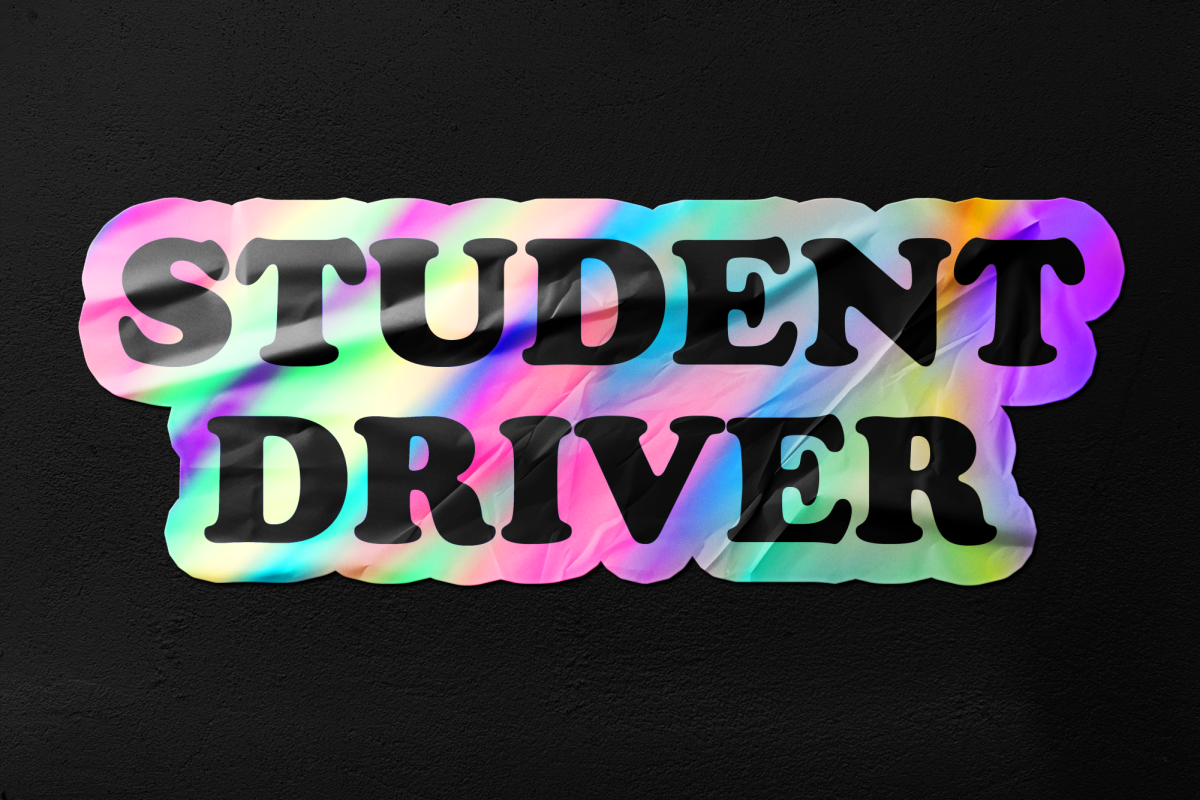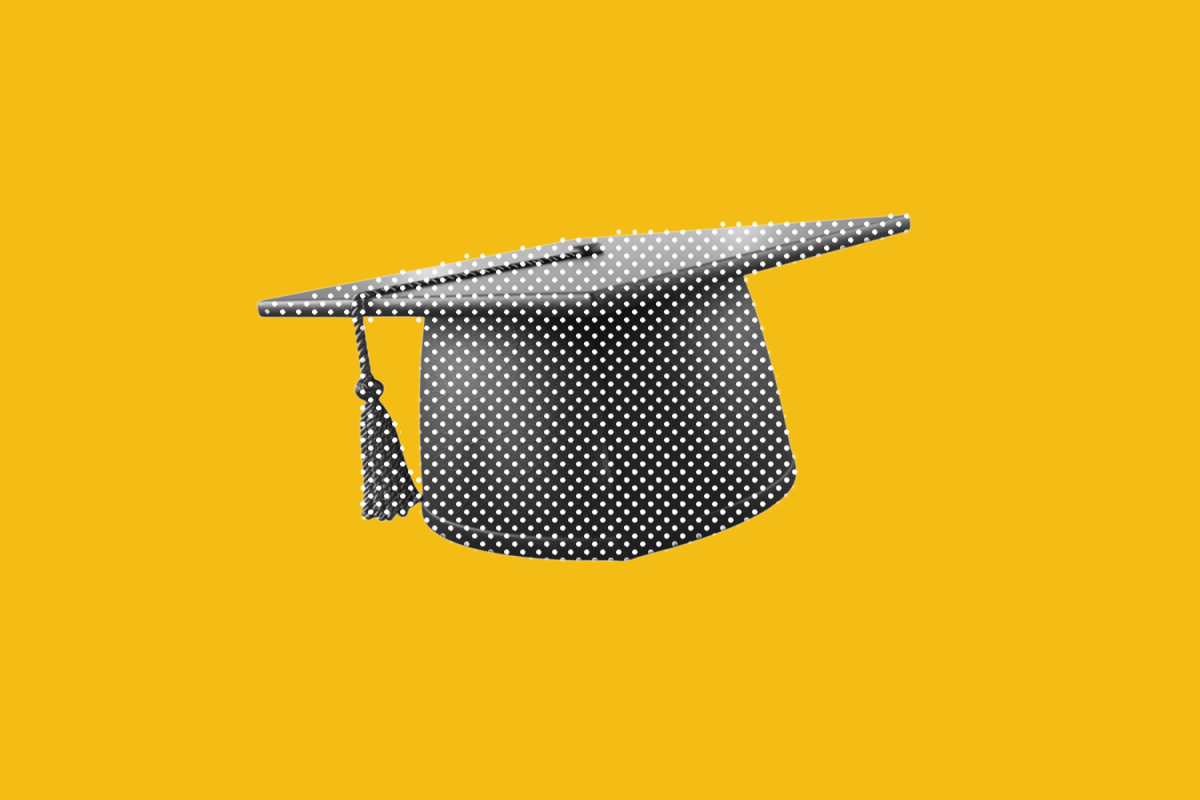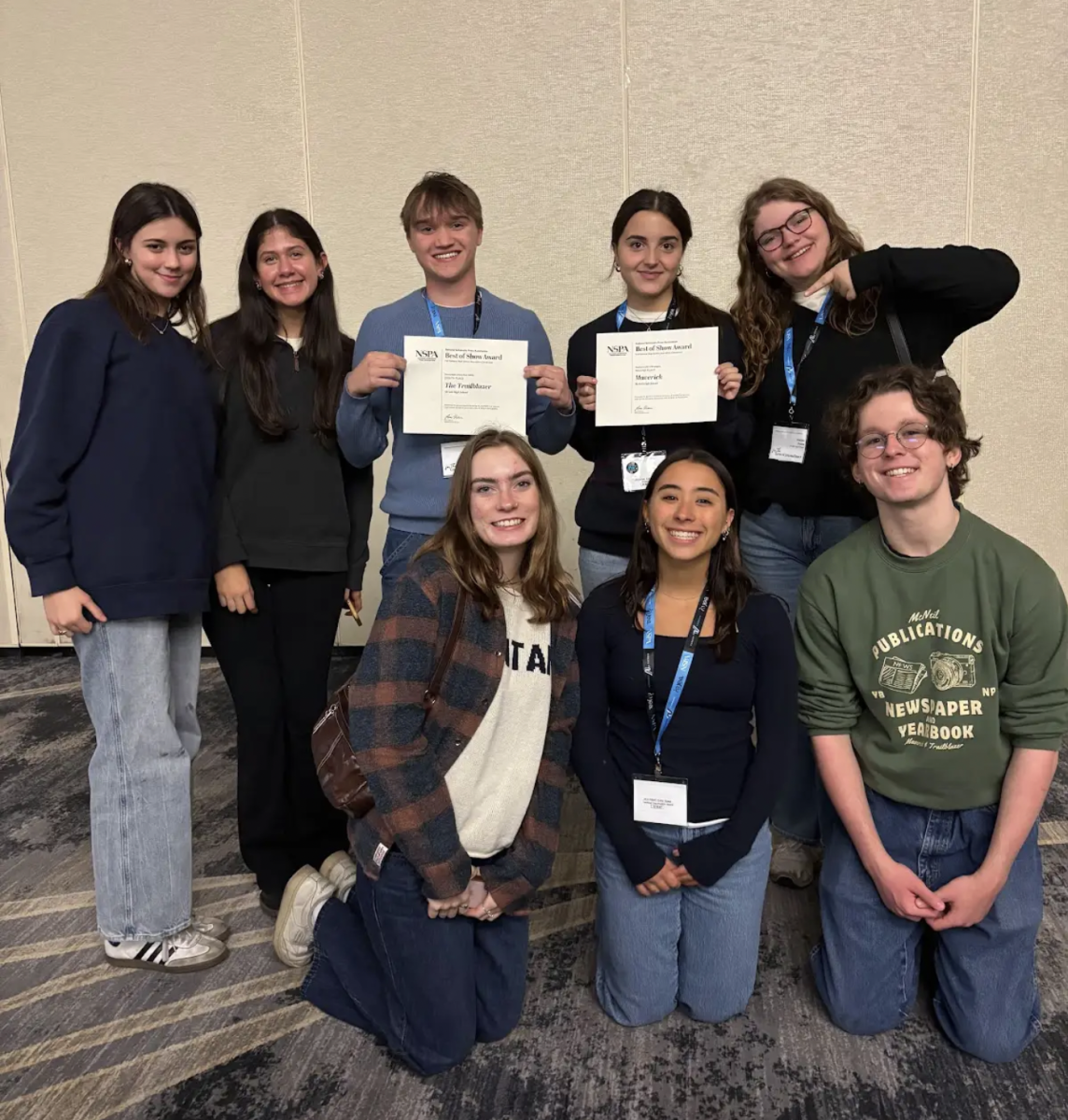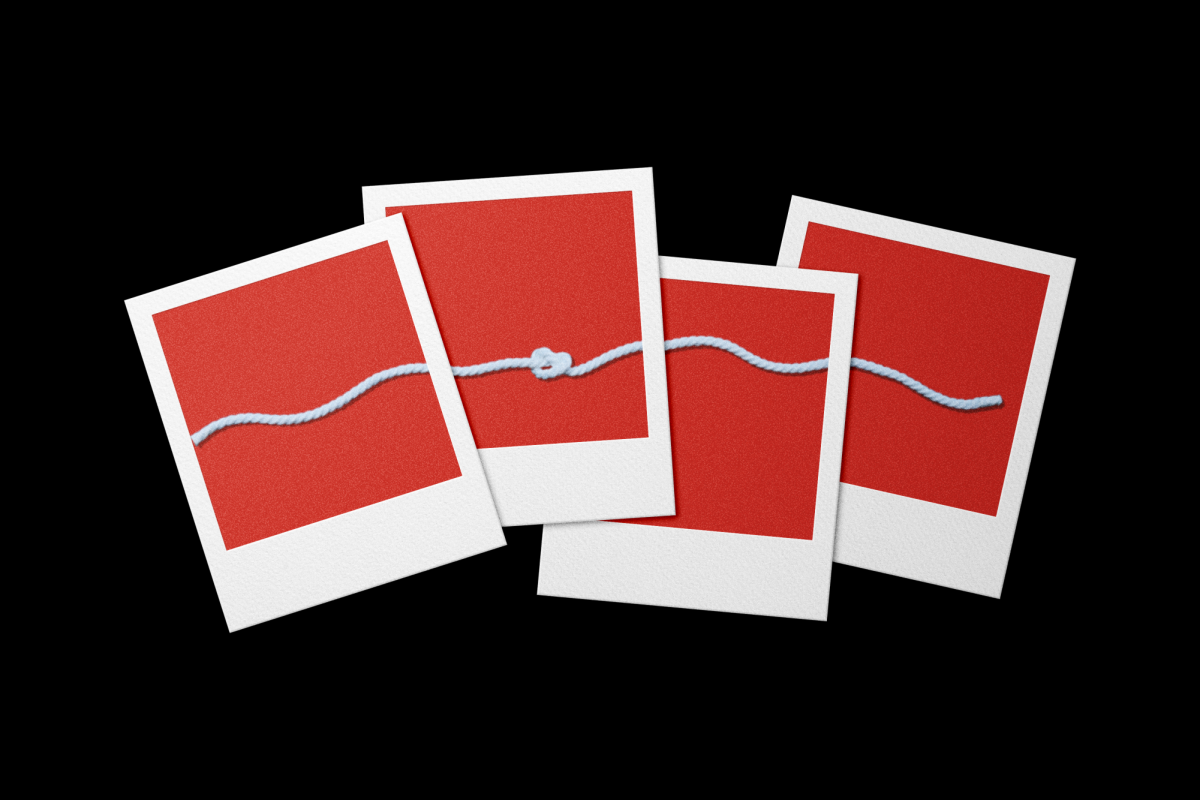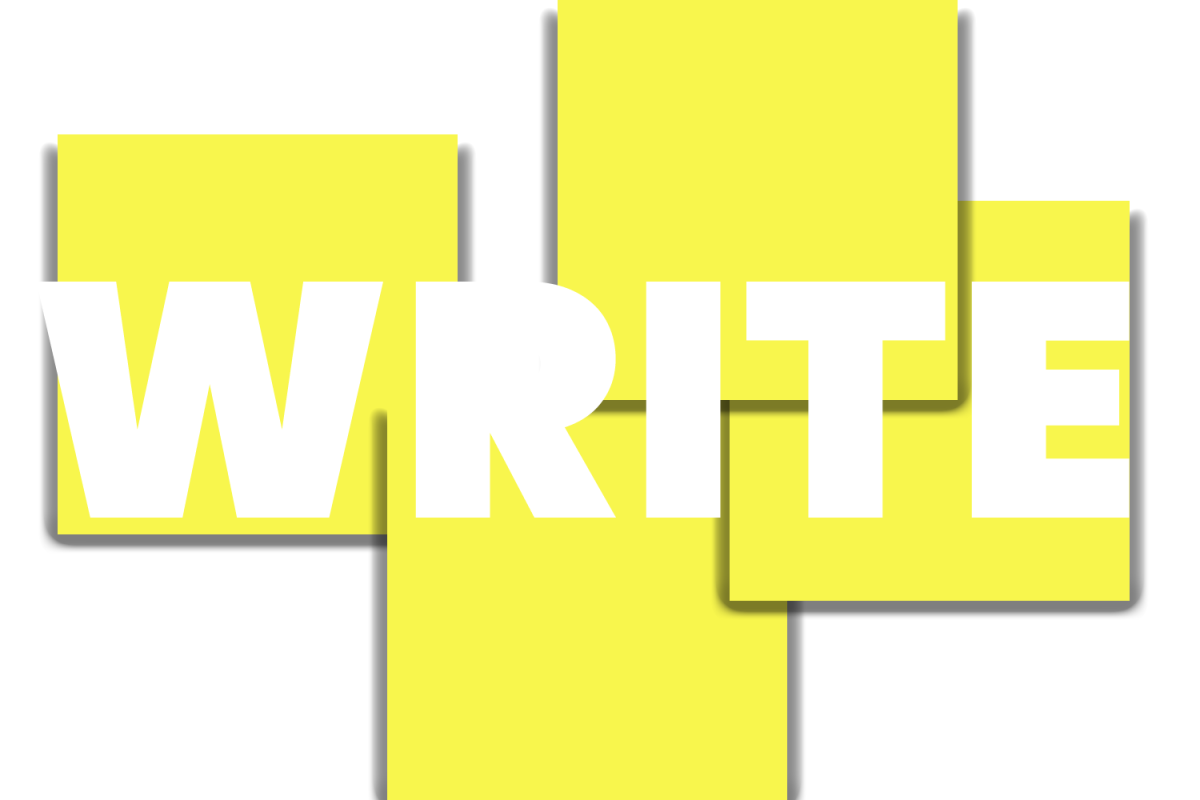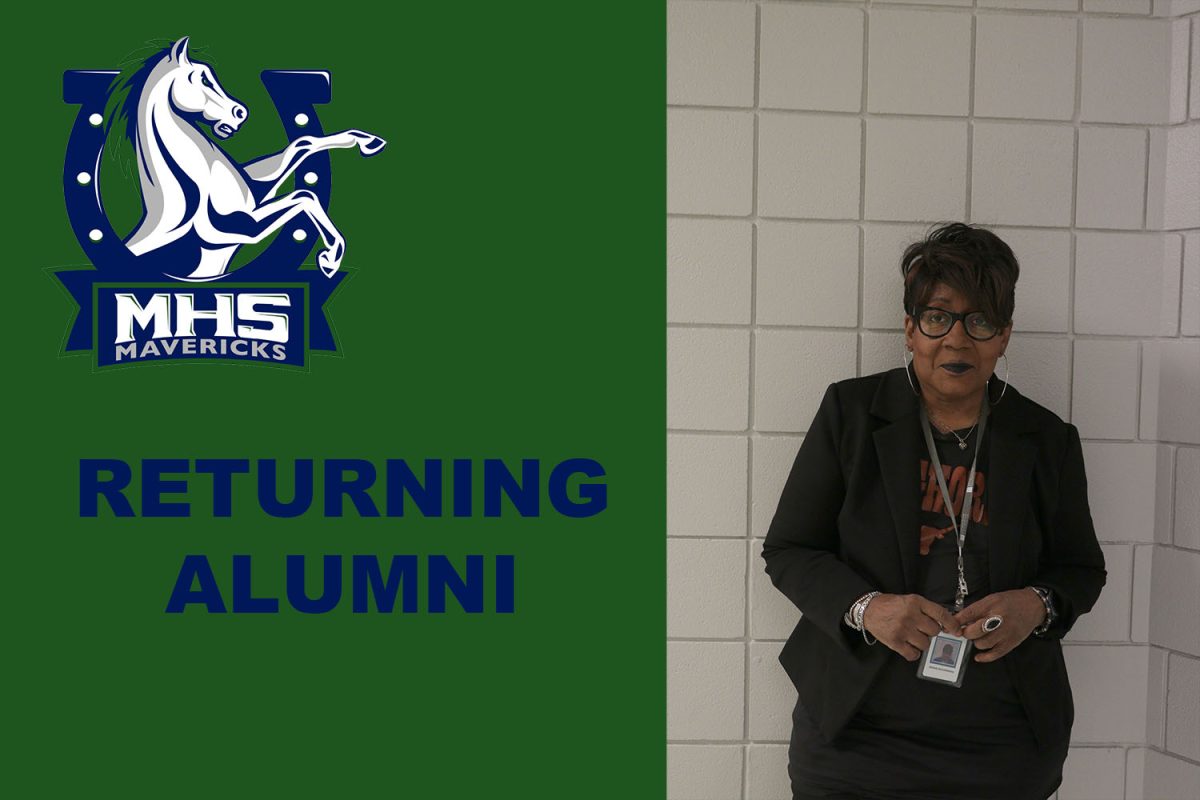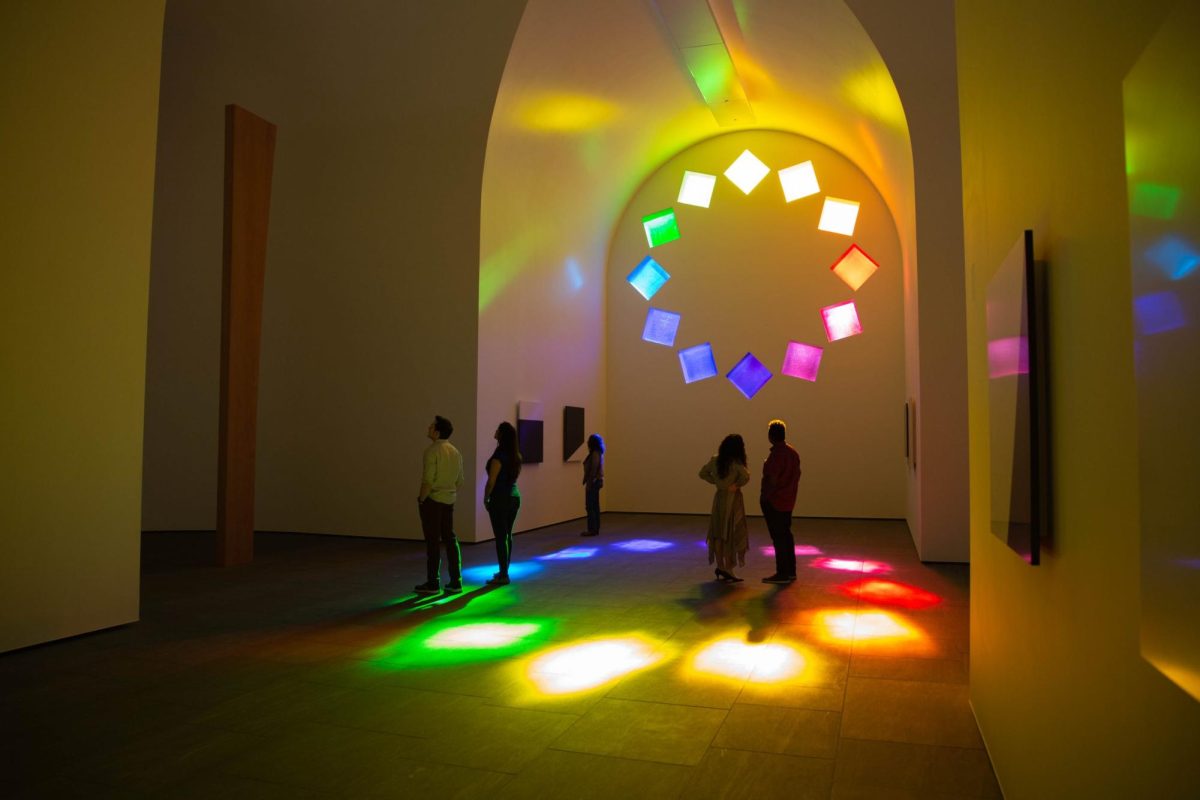Since the early 19th century, with the rise of machines and factories, people have been worried about “robots” taking over their jobs. This fear has only worsened over time, with the rise of Artificial Intelligence, or A.I. The truth is, however, that A.I. is incapable of becoming stronger than the human mind or overtaking our jobs.
A recent scandal has popularized a particularly hot topic in the AI-job-stealing argument, A.I. art. Wacom, an art supplies company well-known for their digital drawing tablets, recently used A.I. art to advertise for their New Year’s campaign. This was awarded with a variety of backlash, as the public raged about the lost money that any artist could have made commissioning images for the campaign. An art company chose A.I. over a real artist.
Fortunately, Daphne Kalotay, a professor on creative writing at Harvard, voices a relevant point on A.I. art. “AI is a superb mimic and quick learner and might easily write strong works in recognizable modes, and with linguistic experimentation if prompted, but — I think — will lack true insight and experience.” In other words, A.I. lacks the human experience necessary to human-made art. Without this experience, the art looks uncanny and foreign, with warped elements of the life A.I. has observed and attempted to recreate. It is safe to say that for now, careers involving creativity and art are safe from artificial intelligence.
Similarly, A.I. lacks emotions. This becomes crucial in the argument for the job-consuming potential of A.I. In reality, A.I. does not have the emotional intelligence which is critical to the human mind and it surely cannot override jobs like therapy, social work, or more sensitive tasks. This is due to the fact that our emotions, empathy, and pain trademark our Earth. This is very unlikely to become undone. It is in the nature of people to crave human connection- making jobs that are not centered around sentiments uncapturable by A.I. Jobs like retail, business and more, all thrive off of human interaction and relation. Therefore, until the vitality of empathy and emotions becomes undone, A.I. will never be able to reach the full capabilities of humans and will continue to reach only for our input.
On the topic of input, people are the constructors of A.I. Artificial intelligence relies on humans for information and they can only function based on what humanity allows them to receive. Unless it is desired for A.I. to develop a higher intelligence than the human mind, A.I. will continue to fall below humans. If society decided to leave artificial intelligence behind today, it would rot with the rest of the inventions we thought would carry us into the future- such as electricity-charged water, pianos that could replay the keys played and “daylight motion pictures,” or fully-lit movie theaters with overhead lights.
Currently, A.I. is an aid to society and an aid alone. Despite all of the anxiety regarding it consuming people’s roles and jobs, artificial intelligence will only go as far as humanity will allow it to.


